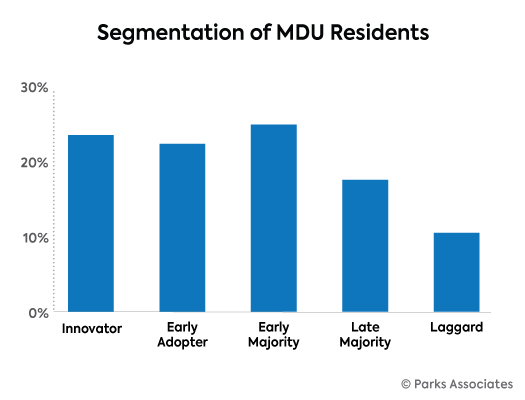Steering the Intricate Security Landscape of Virtual Computing in Multi-Unit Units
Steering the Intricate Security Landscape of Virtual Computing in Multi-Unit Units
Blog Article
Cloud technology has turned into an integral part of our daily lives, especially in multi-residential units like apartment buildings and condo complexes. These settings often have many tenants sharing the same online connection and virtual resources. While cloud computing provides many advantages, such as simple access to information and applications, it also introduces unique security challenges. Comprehending these challenges is crucial for residents and building managers to guarantee that their information remains safe and protected.
One of the primary concerns in shared units is the risk of illicit access to sensitive information. When numerous users share the same network, it can be easier for hackers to breach the system. This is particularly true if the system is not properly secured. Residents should be cognizant of the significance of using strong passwords and activating two-factor authentication whenever feasible. Building managers can also help by making sure that the building's Wi-Fi connection is protected with encryption and frequently updated safety protocols.
Another significant issue is data privacy. In a common environment, personal information can be more exposed to breaches. For instance, if one resident's device is compromised, it could possibly expose the data of fellow residents on the same connection. To mitigate this threat, residents should be careful about the information they disclose online and be aware of the software they use. Additionally, property managers can implement policies that encourage safe internet practices among residents, such as frequent workshops on cybersecurity awareness.
Cloud service providers also have a crucial role in maintaining security in shared units. These providers are responsible for safeguarding the information stored in their systems. It is essential for residents and building managers to high speed internet backbone select trustworthy providers that emphasize safety measures, such as data encryption and routine security checks. By choosing trustworthy cloud solutions, users can minimize the risk of data breaches and guarantee that their data is handled with care.
Finally, continuous education about cloud safety is essential for all parties involved. As tech evolves, so do the tactics used by cybercriminals. Frequent training sessions and updates on the latest safety practices can help residents and building managers remain informed. By fostering a culture of security awareness, shared units can establish a safer digital environment for all residents. In conclusion, while cloud computing offers many advantages, it is important to manage its complex security landscape carefully to safeguard individual information and maintain a secure living environment.